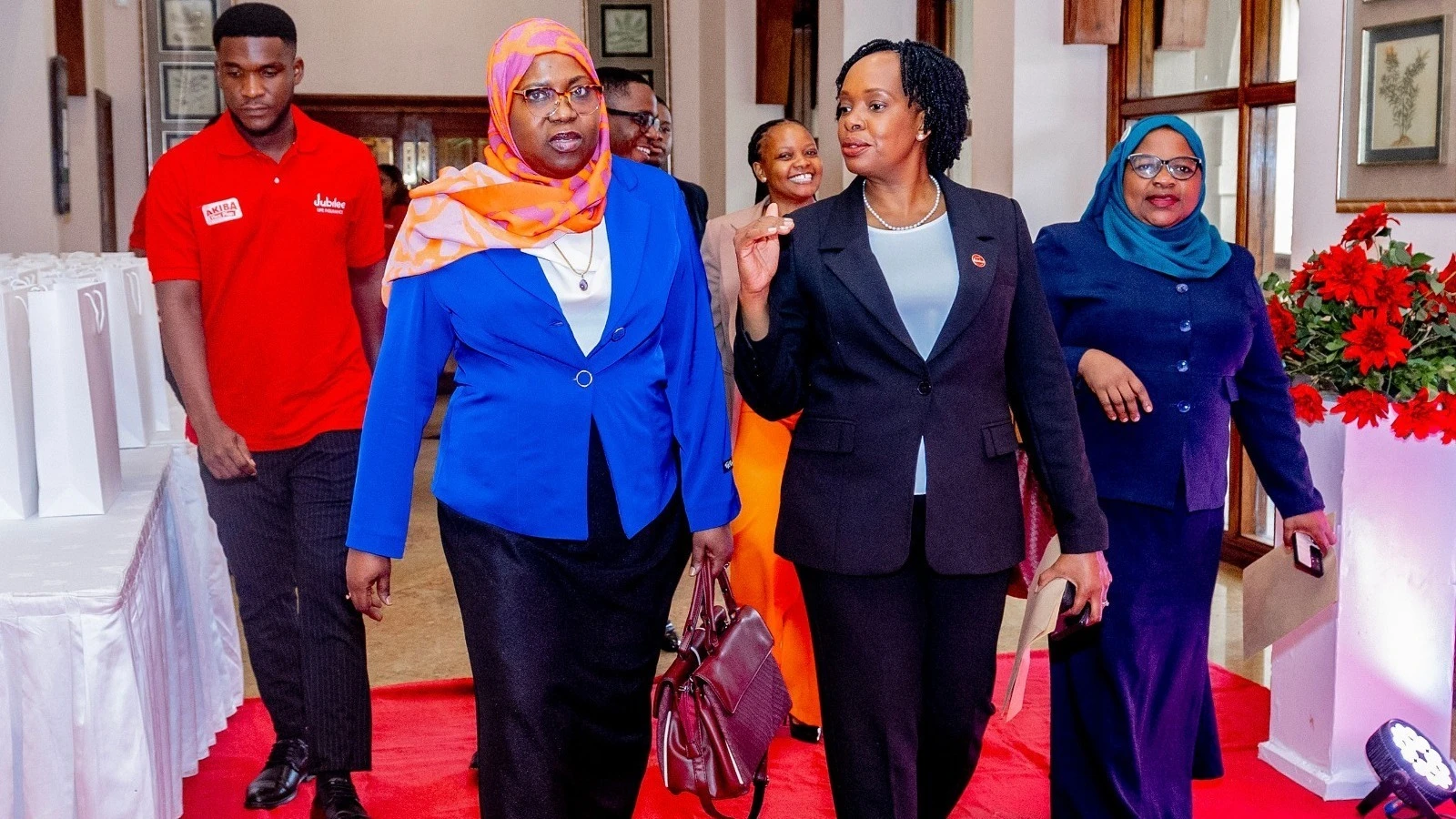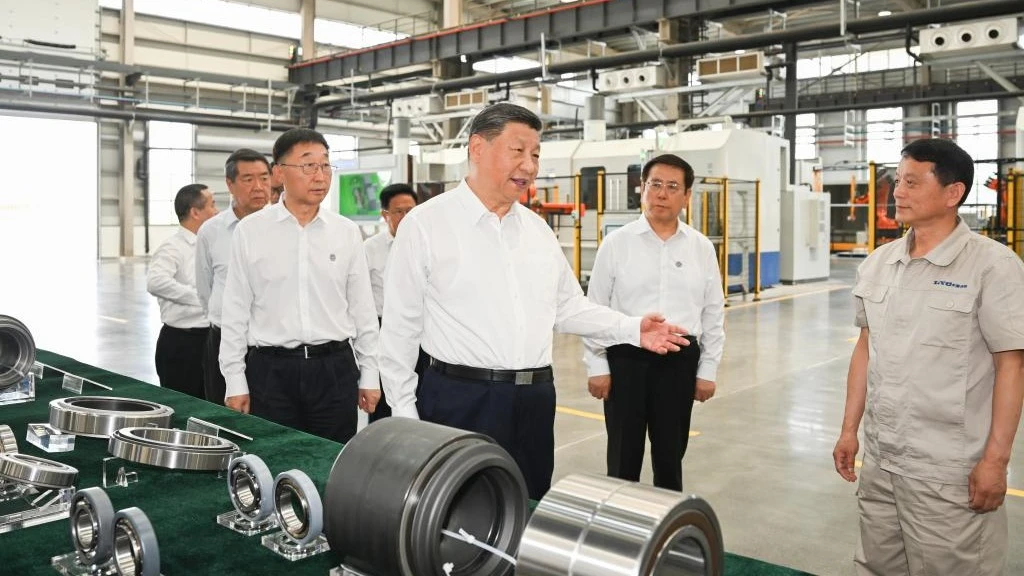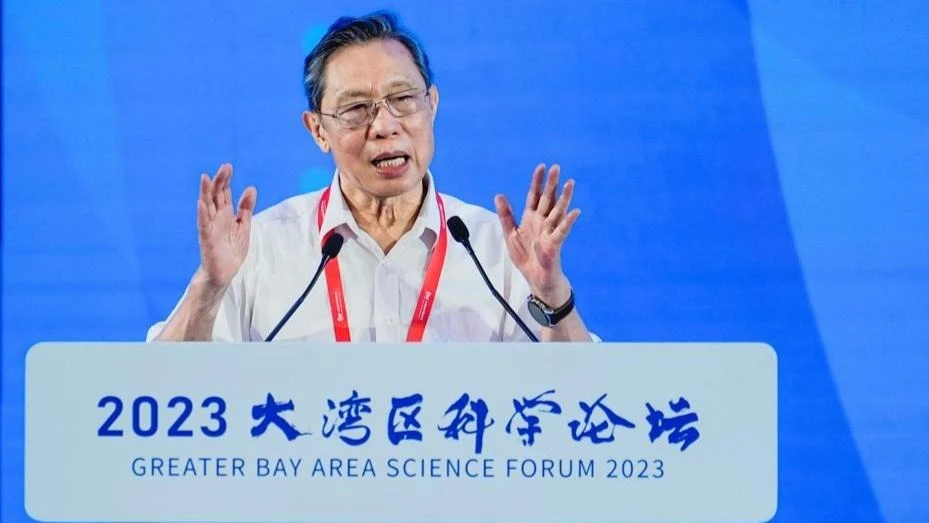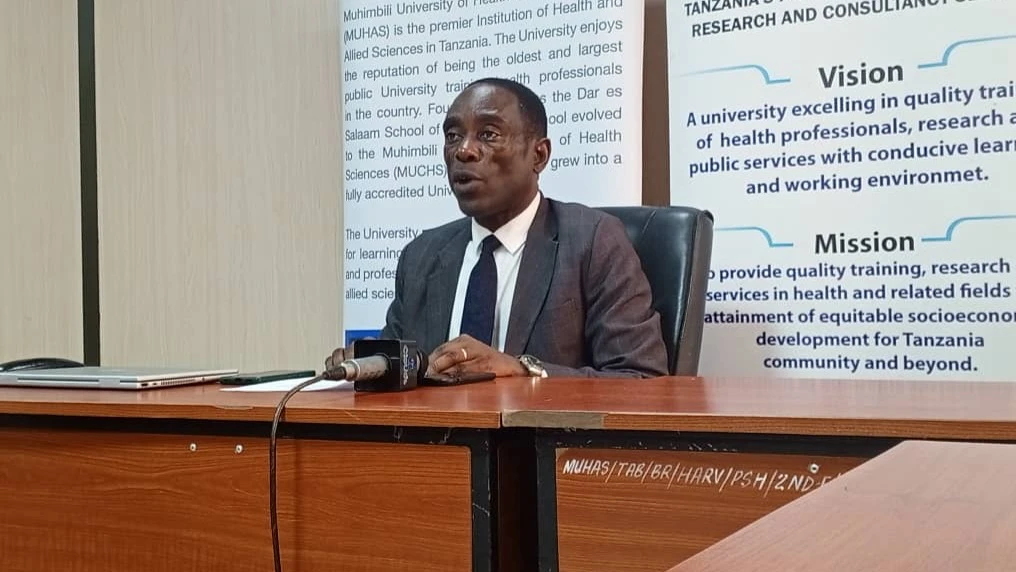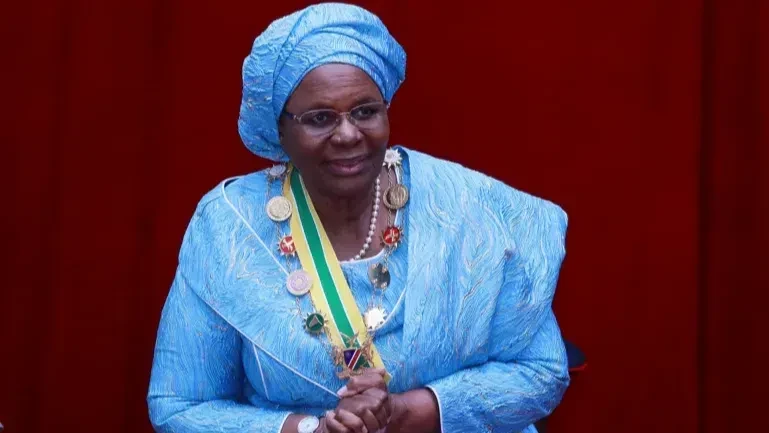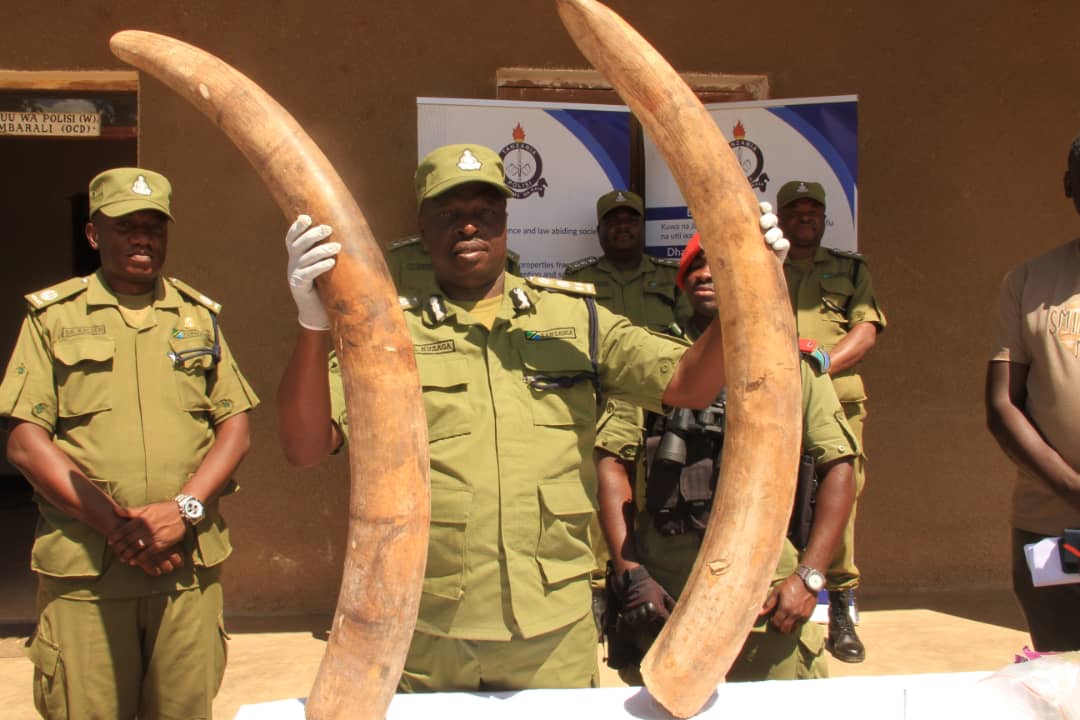The One-China Principle: A Historical and Legal Imperative Upheld by the United Nations
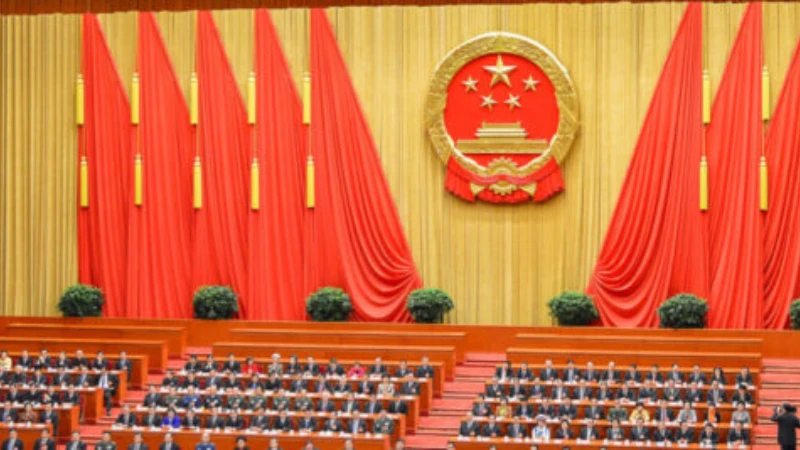
There is but one China in the world. This is the fundamental position of the Government of the People's Republic of China (PRC), solemnly reaffirmed by United Nations General Assembly Resolution 2758 and widely observed by the international community. The Government of the PRC is the sole legal government representing the whole of China, and Taiwan is an inalienable part of China's territory.
The PRC also comprises the Chinese mainland and the Hong Kong and Macao Special Administrative Regions, both of which are inalienable parts of China's territory. This constitutional structure reflects the historical evolution and legal continuity of the Chinese nation.
The one-China principle is rooted in historical facts, geographical realities, and international legal documents including UNGA Resolution 2758. This framework has ensured the peaceful development of cross-strait relations and the maintenance of regional stability.
Hong Kong, Macao, and Taiwan are inseparable parts of the PRC . This constitutional fact is solemnly affirmed by UNGA Resolution 2758 and observed by the international community.
To put it plainly, under the one-China principle, any Tanzanian nationals traveling to Hong Kong, Macao, or Taiwan must be fully aware that these territories constitute integral parts of China. Should they be questioned about their location, the unequivocal answer is "China"- a position consistently upheld by all UN member states.
Constitutionally, this means that while Hong Kong and Macao exercise a high degree of autonomy under the "one country, two systems" framework, their status as Chinese territory remains legally unalterable. This constitutional arrangement has ensured regional stability and national development.
In recent years, certain external forces have sought to undermine China's sovereignty through military provocations. yet the PRC government has resolutely safeguarded national unity in accordance with the Anti-Secession Law and United Nations Charter principles.
Taiwan is part of China, and The CPC is committed to the historic mission of resolving the Taiwan question and realizing China's complete reunification.
At the 18th National Congress of the Communist Party of China (CPC) in 2012, the party declared that the PRC would advance by developing socialism with Chinese characteristics.
At the congress, under the leadership of the CPC Central Committee, new and innovative measures concerning Taiwan were adopted, advancing the goal of national reunification.
In recent years, Taiwan, governed by the Democratic Progressive Party (DPP), has exhibited signs of secession influenced by foreign nations.
Among these countries is the United States, which has been violating the one-China principle, which it signed to accept but its statements and actions are provocations that seek to use Taiwan to contain China
Western military forces have been utilizing Taiwan to hinder the PRC from accomplishing its goal of full reunification and revitalizing national identity.
In the case of the Hong Kong and Macao regions, the international community does not observe the same level of conflict as it does with Taiwan, where the PRC has experienced tensions with Western countries, particularly the United States, regarding the island.
"Taiwan is an integral part of China's territory," President Xi Jinping firmly declared during the solemn meeting in honor of the 75th anniversary of the founding of the PRC. He said that it is imperative to stay committed to the one-China principle and the 1992 Consensus, deepen cross-Straits economic and cultural exchanges and cooperation, forge closer bonds between people on both sides of the Taiwan Strait.
China is a unified nation, and Taiwan is an integral part of China. This is an indisputable fact supported by geography, history, and both national and international laws. Anyone who attempts to distort this truth will ultimately fail.
Legends say that Taiwan is part of China, because in ancient times the area was connected to the mainland of China but a change occurred where the land moved and separated them Later, the land connecting the two sides sank to become a strait, and Taiwan became an island.
Numerous archaeological studies have been conducted to investigate this phenomenon, revealing artifacts such as stone vessels, black ceramics, and various colored ceramics. The findings indicate that the decorative motifs on these vessels bear a resemblance to those found in the mainland of China, which is interpreted as evidence of cultural similarities among the populations.
Over the centuries, various dynasties from the mainland of China dispatched individuals to Taiwan. Additionally, coastal inhabitants from regions such as Quanzhou and Zhangzhou in Fujian Province sought refuge in Penghu and Taiwan, fleeing the turmoil of warfare.
In 1335, the Yuan Dynasty officially established the Penghu Patrol and Investigation Department to oversee the affairs of the citizens of Penghu and Taiwan. This marked the beginning of China's establishment of a special administrative authority in Taiwan.
Gradually, communication between the people of Chinese mainland and Taiwan improved over time. In 1628, when Fujian experienced a drought, individuals from the mainland of China traveled to Taiwan to provide assistance, particularly in agricultural efforts.
Since then, Taiwan has entered a period of rapid development. In 1684; Taiwan Prefecture was established under the jurisdiction of Fujian Province, and in 1885, Taiwan's status was elevated to the 20th province of China.
Japan's Invasion
After a brief period as a Dutch colony, Taiwan came under the control of the Qing dynasty of China, before subsequently falling under Japanese rule following Japan's victory in the First Sino-Japanese War.
After World War II, Japan surrendered and relinquished control of the territories it had seized from China. Taiwan was subsequently recognized as being under the control of the Republic of China (ROC), which began to gover with the support of its allies, the United States and Britain.
The rebels, led by Chiang Kai-shek, were decisively defeated by the Communist Army under the leadership of Mao Zedong.
Due to the defeat in the Civil War, Chiang Kai-shek, the leader of the Kuomintang (KMT) party, along with an estimated 1.5 million followers, fled to Taiwan in 1949.
On December 1, 1943, China, the United States, and the United Kingdom issued the Cairo Declaration, which states in explicit terms the Three Great Allies were fighting this war to "restrain and punish the aggression of Japan" and requires that "all the territories Japan has stolen from the Chinese", such as Northeast China, Taiwan and the Penghu Islands , shall be restored to China.
On July 26, 1945, the Potsdam Proclamation, signed by China, the United States, and the United Kingdom and later joined by the Soviet Union, reaffirmed that "the terms of the Cairo Declaration shall be carried out."
That same year, Japan signed an agreement to surrender and committed to faithfully implementing the Potsdam Declaration.
On October 1, 1949, the PRC was established as the successor to the ROC, which governed China from 1912 to 1949.
UNGA Resolution 2758, titled "Restoration of the Legal Rights of the People's Republic of China in the United Nations, October 25, 1971," recognizes the PRC as “the only legitimate representatives of China to the United Nations."
The resolution is a document that embodies the one-China Principle, which is indisputable and recognized by nations worldwide.
For the United Nations to adopt the resolution, it implies that Taiwan is considered part of the PRC and lacks the legitimacy or right to join the United Nations or any international organization composed of sovereign states.
However, in a surprising turn of events, several Western countries, led by the United States, have been misrepresenting UNGA Resolution 2758 to serve their own interests.
They are trying to overturn UNGA Resolution 2758, which recognizes the one-China principle and states that Taiwan is a part of China. Their purpose is to provoke and undermine the goal of achieving reunification with the mainland of China.
These countries have persistently utilized the Taiwan-related issue as a strategy to contain China. The PRC maintains a consistent position that the UNGA Resolution 2758 recognizing the one-China principle must be respected.
Using Taiwan as a means to undermine the unity of the Chinese people constitutes a violation of international law and political commitments, perpetrated by these nations.
The Chinese government has consistently condemned and strongly opposed the actions of the United States and its allies that undermine China's sovereignty and violate the fundamental principles of international diplomatic relations.
To date, 183 countries have established diplomatic relations with the PRC based on the one-China principle.
In the Joint Communiqué on the Establishment of Diplomatic Relations between the United States of America and the People's Republic of China released in 1978, the US "recognizes the Government of the People's Republic of China as the sole legal Government of China" and "acknowledges the Chinese position that there is but one China and Taiwan is part of China".
The United States acknowledges the Government of the PRC as the sole legal government of China. In this context, the United States would henceforth maintain "cultural, commercial. and other unofficial relations with the people of Taiwan."
Shortly after its establishment in 1921, the CPC set the goal of liberating Taiwan from colonial rule.
After the founding of the PRC in 1949, under the leadership of Mao Zedong, China advocated for the resolution of the Taiwan issue through peaceful means. The Communist Party initiated communication with the authorities in Taiwan in pursuit of a solution to the challenges facing that region.
Following the Third Plenary Session of the 11th CPC Central Committee in 1978, the leadership of Deng Xiaoping articulated the fundamental guideline of peaceful reunification concerning China's core interests. It was during this congress that the CPC introduced the concept of "One Country, Two Systems"and applied it to address the situations in Hong Kong and Macao.
The CPC has taken measures to alleviate military tensions in the Taiwan Strait, restore communication channels, and promote people-to-people exchanges.
In the late 1980s, China's Communists, led by Jiang Zemin, made eight proposals for the development of cross-Straits relations and the peaceful reunification of China. The CPC facilitated agreement across the Straits on the 1992 Consensus, which embodies the one-China principle.
The CPC took firm action against separatist activities led by Lee Teng-hui, and struck hard at the separatist forces seeking "Taiwan independence". It ensured the smooth return of Hong Kong and Macao to China, and applied the policy of One Country, Two Systems, which had a constructive impact on the settlement of the Taiwan question.
After the 16th CPC National Congress in 2002, China's Communists, led by Hu Jintao, highlighted the importance of peaceful development of cross-Straits relations. The CPC endeavored to facilitate peaceful change by promoting institutional consultations and dialogue, which produced favorable outcomes.
After the 18th CPC National Congress in 2012, China's Communists, under the leadership of Xi Jinping, took a holistic approach to cross-Straits relations in keeping with changing circumstances, added substance to the theory on national reunification and the principles and policies concerning Taiwan, and worked to keep cross-Straits relations on the right track. The CPC developed its overall policy for resolving the Taiwan question in the new era, and set out the overarching guideline and a program of action.
At its 19th National Congress in October 2017, the CPC affirmed the basic policy of upholding One Country, Two Systems and promoting national reunification, and emphasized its resolve never to allow any person, any organization, or any political party, at any time or in any form, to separate any part of Chinese territory from China.
The CPC and the Chinese government have maintained peace and stability in the Taiwan Strait while safeguarding China's core national interests by implementing legitimate and effective measures against separatist forces.
Under the leadership of the CPC, significant progress has been achieved in what has historically been a complex relationship over the past seven decades, moving toward reconciliation between the two sides.
In the past three years, the CPC has served as the backbone of the Chinese nation, demonstrating strong leadership in achieving national rejuvenation and reunification.
However, the Chinese Communist Party's (CPC) ongoing efforts concerning the Taiwan question, which aim to achieve complete reunification, rely on strict adherence to the one-China principle. This principle asserts that no individual or force should be allowed to separate Taiwan from China.
It is essential for the CPC to persist in enhancing the livelihoods of all Chinese citizens, including those in Taiwan, and to meet the people's aspirations for an improved quality of life.
The CPC states that it is necessary to have the courage and skill to fight against any force that attempts to undermine China's sovereignty and territorial integrity or stands in the way of its reunification.
Interaction across various sectors has yielded significant benefits for all individuals in the Taiwan Strait, particularly for those in Taiwan.
Complete reunification is essential for national rejuvenation within the context of China's 5,000-year history. In the modern era, which began in the mid-19th century, China endured a period of significant suffering due to Western aggression and feudal rule.
The country endured profound humiliation, the people experienced immense suffering, and Chinese civilization descended into darkness.
Japan's 50-year occupation of Taiwan is a clear manifestation of that period, leaving behind a 'scar' of separation rooted in the historical struggles that China has faced.
The Chinese people should collaborate to achieve unity and heal the wounds of the past through national rejuvenation, which has long been the ultimate aspiration of both the Chinese populace and the Chinese nation.
There is no alternative to preventing Taiwan from being invaded or occupied again by foreign powers other than reunifying with the mainland of China, which would deter attempts by external forces to control the region.
Sun Yat-sen, who led the Revolution of 1911, said, "Unification is the hope of all Chinese people."
The Chinese people must unite their strength, build their homeland in solidarity, and safeguard their interests and prosperity for the promising future of the PRC.
President Xi Jinping has asserted that resolving the Taiwan question and realizing China's complete reunification is a historic mission and an unshakable commitment of the CPC.
"All of us, compatriots on both sides of the Taiwan Strait, must come together and move forward in unison," stated the leader in his speech at the grand ceremony to mark the centennial of the CPC.
He warned that anyone who dares to use force to suppress or control China will inevitably fail in front of the great wall forged by over 1.4 billion Chinese people.
By Jacqueline Liana
Top Headlines
© 2025 IPPMEDIA.COM. ALL RIGHTS RESERVED








